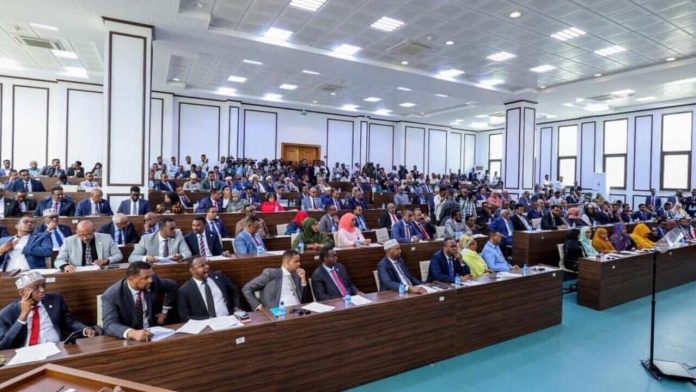Facebook Twitter (X) Instagram Somali Magazine - People's Magazine
The Somalia Information bill referred to as Official Information Bill (OIB), has recently come under fire for its potential impacts on democracy, human rights, and transparency in the country.
Lack of Public Consultation concerning the Somalia Information bill
The rapid progression of the Bill through government channels without adequate public consultation has been a major point of contention. Critics argue this process undermines democratic principles by excluding citizens and stakeholders from providing input and raising concerns.
Vague and Broad Provisions of the Somalia Information Bill
The Bill contains vague provisions and broad definitions of national security information, granting excessive authority to national security institutions. This aspect is seen as promoting a culture of secrecy, contrary to the goals of transparency and accountability.
Threats to Democracy and Human Rights that Critics Claim the Somalia Information Bill could Lead to
NUSOJ and other critics warn that the Bill, in its current form, threatens democratic governance and human rights in Somalia. The broad and ambiguous definitions of national security could lead to abuses of power and hinder free expression.
Calls for Comprehensive Review of the Somalia Information Bill
NUSOJ has called for the immediate withdrawal of the Bill from Parliament and a thorough review. They recommend engaging in public consultations, involving diverse stakeholders, and aligning the Bill with international standards and best practices.
Conclusion
The debate over the Official Information Bill highlights the critical balance between national security and the right to access information. The outcome will significantly impact Somalia’s democratic development and the protection of human rights in the country.

